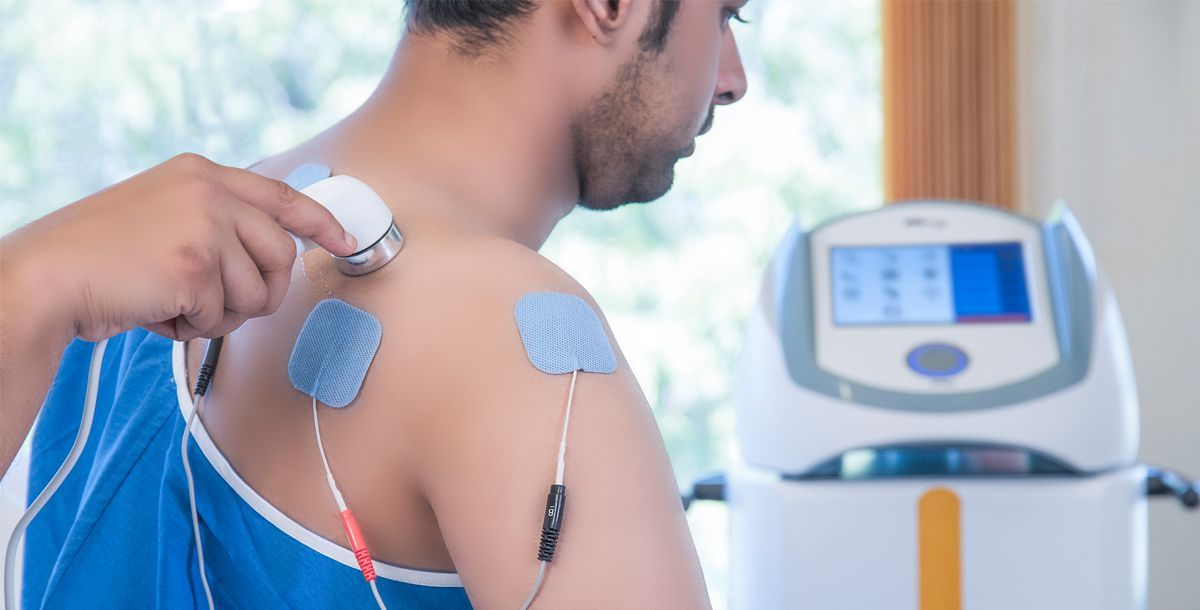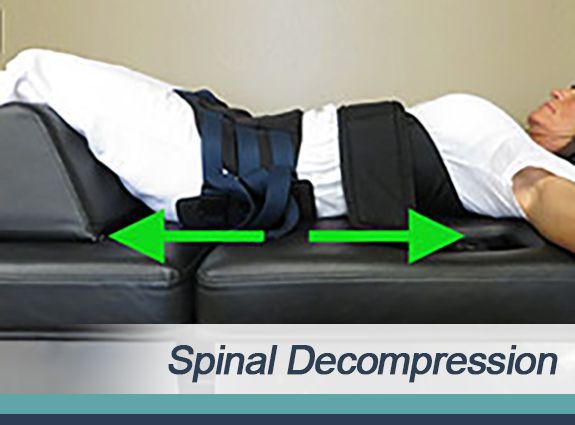What Does a Pinched Nerve Feel Like? Understanding Your Symptoms in Metro Atlanta
A pinched nerve can really throw a wrench in your day. It’s a common issue that brings a lot of discomfort. Many people experience nerve compression at some point. It can make everyday tasks a real struggle.
The feelings you get from a pinched nerve are often strange and confusing. It can be a sharp jab, a tingly sensation, or even a dull ache. Knowing these feelings helps a lot. It’s key for getting the right help and relief, especially for those of us living in Metro Atlanta.
Understanding the Mechanics of a Pinched Nerve
What is Nerve Compression?
Your body has a huge network of nerves. These nerves act like tiny cables. They send signals between your brain and the rest of your body. This lets you feel things and move. When too much pressure is put on a nerve, it can't work right. This pressure might come from bones, cartilage, muscles, or tendons. It's like a kink in a garden hose; the signal gets blocked or scrambled.
Common Causes of Nerve Compression
Many things can lead to a pinched nerve. A slipped disc in your back is a frequent culprit. Bone spurs, which are extra growths on bones, can also press on nerves. Swelling from injury or simply repetitive motions can cause issues. Think about someone in Metro Atlanta who spends long hours at a desk with bad posture. Or a construction worker lifting heavy objects all day. These kinds of activities often cause nerve trouble.
Which Nerves Are Most Commonly Pinched?
Pinched nerves can happen anywhere. But some spots are more prone to it. Your neck is a common place, causing what doctors call
cervical radiculopathy. The lower back is another hotspot, often leading to sciatica. Your wrist can also get a pinched nerve, known as carpal tunnel syndrome. Sometimes, even your elbow feels the pinch.
The Sensory Experience: How a Pinched Nerve Feels
Sharp, Shooting Pain
One of the most classic signs is a sudden, sharp pain. It can feel like an electric shock. This pain often shoots along the nerve's path. Imagine reaching for something on a shelf. Then, a quick jolt goes down your arm. That's a typical feeling for a pinched nerve.
Numbness and Tingling (Paresthesia)
You might also feel numbness. It’s like a part of your body has gone to sleep. Sometimes, you get that "pins and needles" feeling. This happens when the nerve signal isn't fully getting through. It's common to wake up with a limb feeling dead. Maybe you slept in a weird position.
Weakness and Loss of Muscle Function
A pinched nerve can make your muscles feel weak. You might find it hard to grip things. Fine movements, like buttoning a shirt, could become tough. Pay attention to changes in how strong your hands feel. It might even be hard to hold up your own weight.
Burning or Aching Sensations
Sometimes, the pain is less sharp. Instead, you might feel a dull ache. Or a steady burning sensation. This kind of pain can last a long time. It often feels deep inside the muscle or bone.
Is This What You're Feeling?
If the symptoms we just described—tingling, sharp pain, or numbness—sound familiar, it's time to get answers.
Identifying Pinched Nerves in Specific Areas
Pinched Nerves in the Neck (Cervical Radiculopathy)
If you have a pinched nerve in your neck, the pain often travels. It can go into your shoulder, arm, or even your hand. Many office workers in Atlanta spend hours on computers. They often feel neck pain from looking down too much. You might also get numbness or tingling in your fingers.
Pinched Nerves in the Lower Back (Sciatica)
Sciatica is a well-known type of pinched nerve. It happens in the lower back. The pain usually runs down one leg. It can reach your foot. People in physically tough jobs across Metro Atlanta might experience this. Construction workers or delivery drivers often deal with lower back pain.
Pinched Nerves in the Wrist (Carpal Tunnel Syndrome)
Carpal tunnel syndrome affects your wrist. It gives you tingling and numbness in your thumb, index, and middle fingers. This often gets worse at night. For many computer users in Metro Atlanta, adjusting your keyboard can help. Make sure your wrists stay straight when you type.
When to Seek Professional Help in Metro Atlanta
Recognizing Red Flags
Some signs mean you should see a doctor right away. If you suddenly lose control of your bladder or bowels, get help fast. If your weakness gets worse quickly, don't wait. Severe, constant pain also needs urgent attention. These are serious warning signs.
Diagnostic Process for Pinched Nerves
Doctors have ways to figure out if you have a pinched nerve. They'll do a physical exam. They might also order tests. These can include nerve conduction studies or an MRI. An X-ray might also be used. It's smart to talk to experts like a neurologist or an orthopedic surgeon.
Treatment Options Available in Metro Atlanta
Many pinched nerves get better with simple steps. Things like physical therapy can help. Your doctor might suggest certain medications. Sometimes, just changing how you do things can bring relief. If these don't work, surgery can be an option. Talk to a local healthcare provider for a plan just for you.
Taking Control of Pinched Nerve Pain
A pinched nerve can feel many different ways. It’s good to know what those feelings are. Recognizing the signs early is important. It helps you get the right care. Don’t let a pinched nerve become a long-term problem.
If you live in Metro Atlanta and think you have a pinched nerve, get help. Talk to a local doctor. They can help you understand your pain and find the best path to feeling better. Your nerve health matters a lot.
Don't Live With Nerve Pain
Your symptoms are your body's signals. Understanding them is the first step—taking action is the next.



